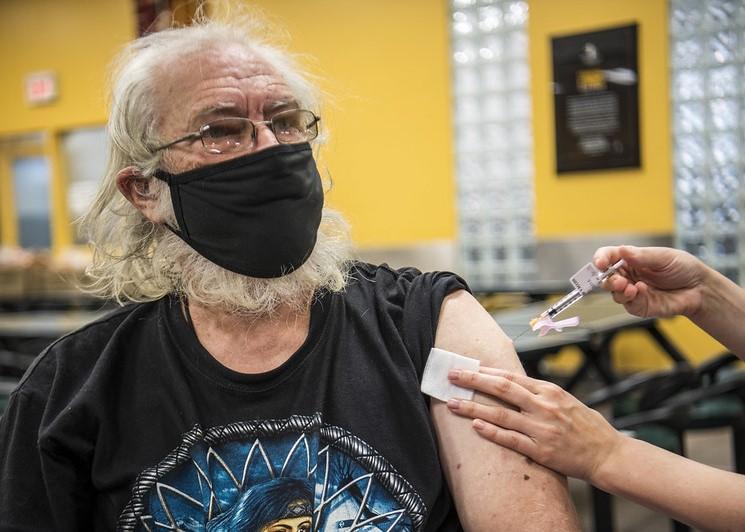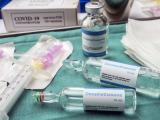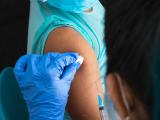The US life expectancy dropped by 18 months due to COVID-19, according to the Centers for Disease Control and Prevention's (CDC's) National Center for Health Statistics.
Life expectancy was 78.8 years in 2019, and was 77.3 years in 2020, the largest drop since World War II. COVID-19 contributed 74% to the decline in life expectancy.
As with all aspects of the pandemic in the United States, there were sharp racial and ethnic divides in the data. For Black Americans, life expectancy dropped 2.9 years from 74.7 years in 2019 to 71.8 in 2020. And Hispanic Americans had the biggest drop—3 years, with Hispanic males seeing a drop of 3.7 years.
"Among the causes contributing negatively to the change in life expectancy, COVID-19 contributed 90% for the Hispanic population, 67.9% for the non-Hispanic white population, and 59.3% for the non-Hispanic black population," the CDC said.
Political divide over vaccines grows in US
In the United States, vaccine access is abundant, but sharp political divides have led to uneven vaccine coverage. Now, more than 90% of recorded COVID-19 deaths are in unvaccinated Americans, many of whom tend to live in rural, Republican communities that have been a haven to vaccine conspiracies.
In an about face, Republican lawmakers and presenters on Fox News have issued new pleas for vaccine uptake among growing concern over the Delta (B1617.2) variant. Fox hosts Sean Hannity and Steve Doocy both told viewers yesterday it was important and lifesaving to get vaccinated.
Vaccination rates in the United States have held steady in recent weeks. The latest CDC numbers show 56.2% of Americans have the first dose, and 48.7% are fully vaccinated, or 161.9 million.
Yesterday the United States tracked 42,703 new cases, plus 298 more deaths. In total, the United States has confirmed 34,197,833 million cases, including 609,686 deaths.
J&J vaccine may be ineffective against Delta
New research—yet to be peer reviewed—from New York University shows the Johnson & Johnson (J&J) vaccine may be ineffective against the Delta variant. Some 13 million Americans have been vaccinated with the one-dose J&J, which has suffered several setbacks since it was approved for emergency use in the United States in February.
The research was based on neutralizing antibodies seen in blood samples and not on real-world data. The authors say their findings could mean people who received the J&J shot may need a booster of an mRNA vaccine to be fully protected from circulating variants.
"While a single dose vaccination has advantages, the benefit provided by a second immunization may be well worth the inconvenience," they conclude.
The findings contradict research related earlier this month from J&J which showed the vaccine was effective against Delta for up to 8 months after inoculation.





















